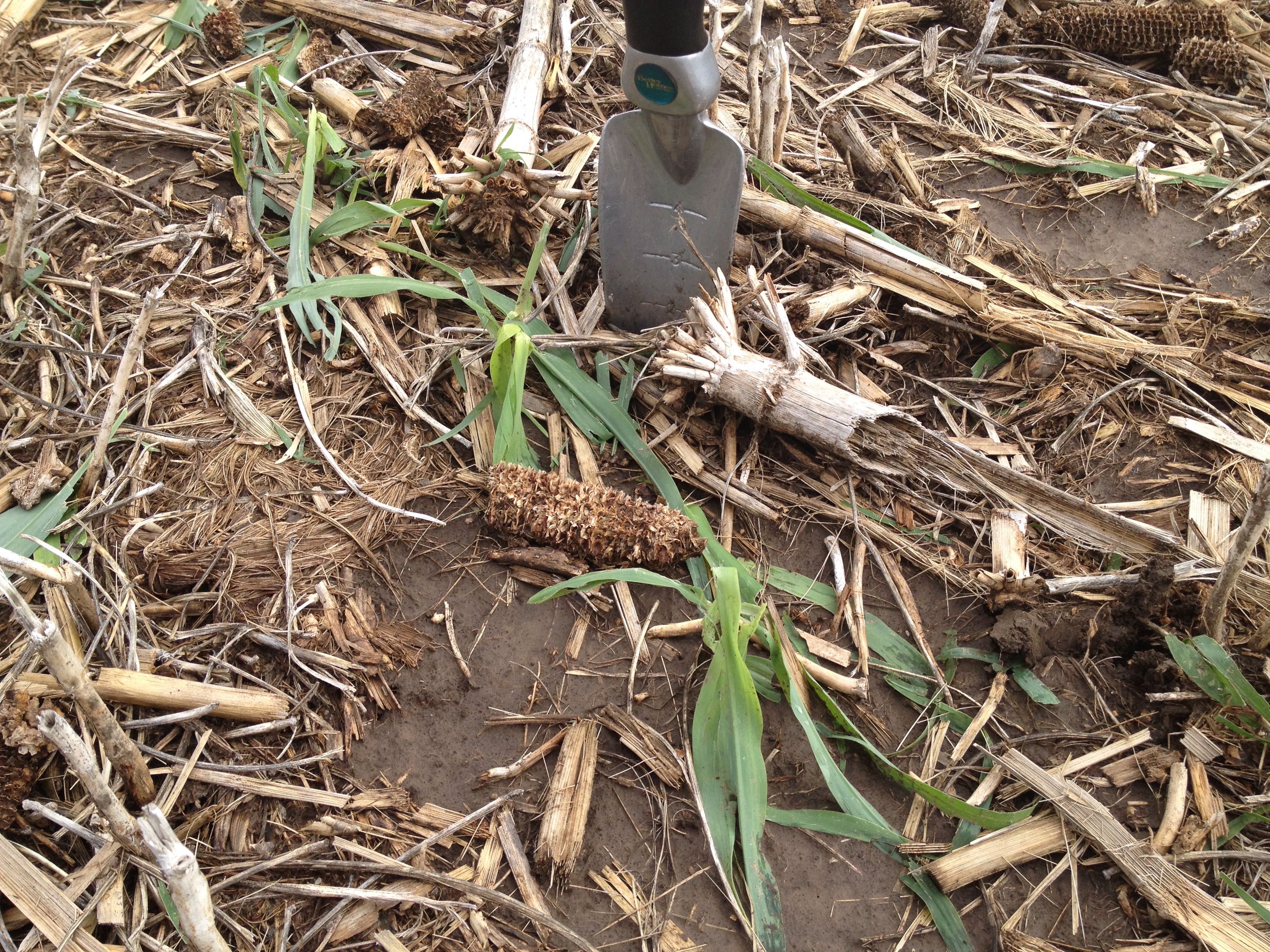Do you still need a wheat foliar fungicide?
 Due to the dry weather, early season fungal diseases were low or not even present, i.e., no reports of stripe and leaf rust (view reports/map and take the survey yourself at https://cropwatch.unl.edu/plantdisease/wheat). I did not recommend a fungicide application prior to flowering this season, save the application and product cost. However, dependent on the near-term […] Continue reading →
Due to the dry weather, early season fungal diseases were low or not even present, i.e., no reports of stripe and leaf rust (view reports/map and take the survey yourself at https://cropwatch.unl.edu/plantdisease/wheat). I did not recommend a fungicide application prior to flowering this season, save the application and product cost. However, dependent on the near-term […] Continue reading → 




